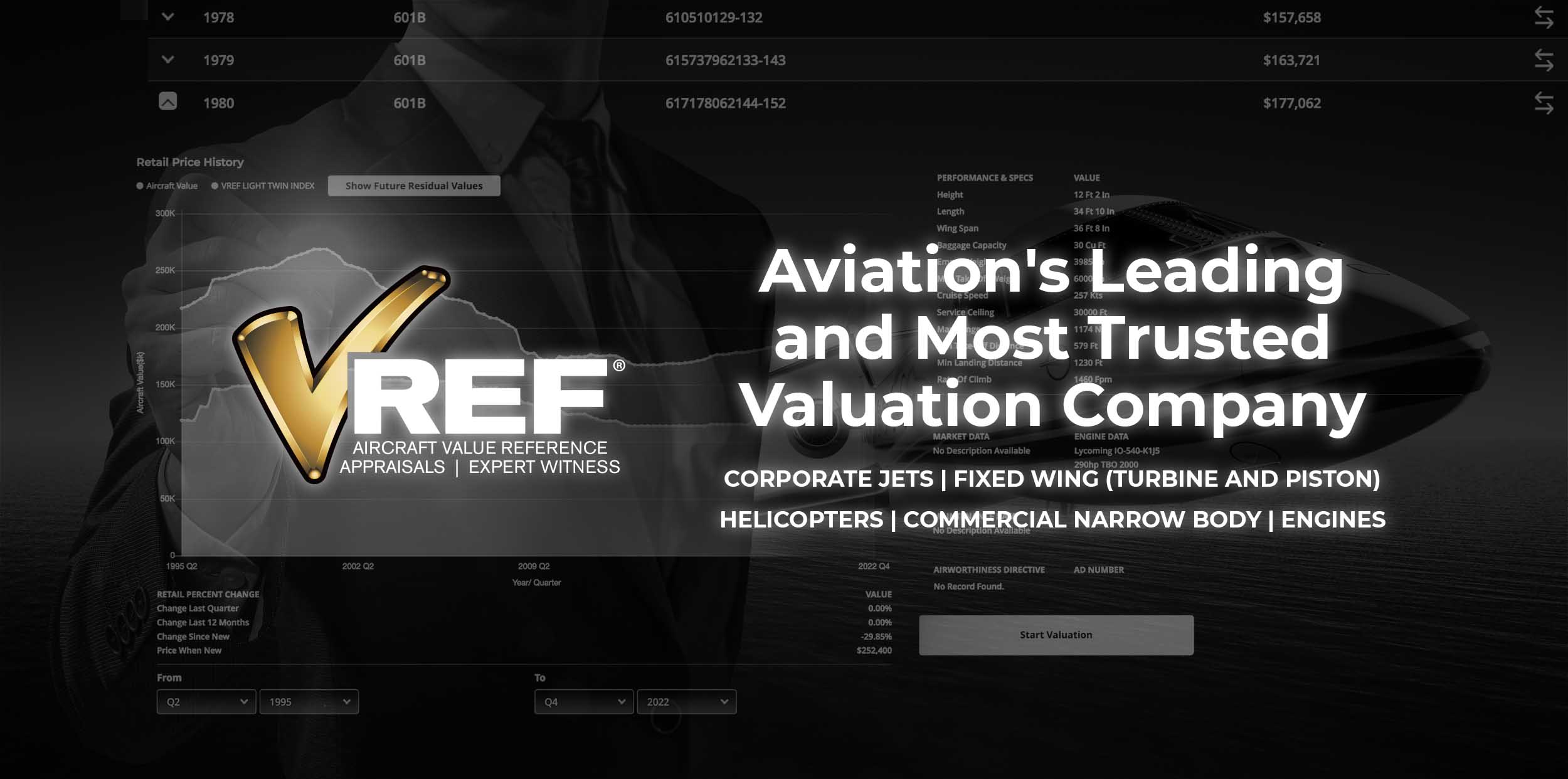What does a jet fuel shortage have to do with our day-to-day lives and the pandemic? Truthfully, a whole lot.
It’s no secret that the effects of the pandemic on our global supply chain are ongoing. It’s been detrimental to so many aspects of our consumer-driven world and impacts far more than you might realize. However, you may not know that there’s much more to the fuel shortage for the aviation industry than one may think.
In addition to the ongoing labor shortage, the public can expect a wrench in their plans moving forward. For starters, tourist travel is increasing and shows no signs of slowing down. This means flyers may find more canceled, delayed, or longer flights than expected.
So is this jet fuel shortage simply a rare occurrence, or will it be the new normal?
Why We Are Seeing A Jet Fuel Shortage
The fuel all of us consume in the United States is delivered via a pipeline, and that pipeline carries jet fuel from the Gulf Coast all the way to refineries on the Atlantic Coast. Back in May, before the fire season started, there was a cyberattack on one refinery, quickly impacting many states, including North Carolina. But during the summer months, it was far more complicated. The shortages we witnessed between June and the end of August resulted from the supply chain disruptions on the west coast. Several airports started reporting fuel shortages due to the impact of the fire season.
Yes, the fire-fighting aircraft were consuming far more fuel than forecasted, which sent a ripple effect across Montana, California, and Nevada.
It got so bad that American Airlines instituted a fuel-saving program and warned their clients that delays were inevitable at smaller airports across the western USA. In addition, numerous airports across the west coast were rationing fuel.
But, there is still more to the story. It is the pipeline itself that ran out of room to accommodate the high summer fuel utilization. Between the COVID shut down and the lack of staff to drive the delivery vehicles, the forecasted usage was skewed, and the nation was left with a lower than normal fuel inventory. As the nation came back online, the inventory remained low, and the usage surged. This left everyone scrambling to meet the demand. In fact, the U.S. Energy Information Agency stated demand for jet fuel has risen 29 percent from the beginning of the year as of July 16 and is up 49 percent over the same period last year. Combined with extremely volatile inventory in the western half of the country due to the fire fighting use.
Effects Of The Vaccine
As more people decide to get one of the several vaccines available, people are starting to feel safer. In some cases, people are feeling safe enough again to travel. At the moment, the rising spread of COVID-19’s Delta variant is a concern for some. But air travel is, in some cases, at an all-time high. The impact COVID has had on aviation has been far more complex than what is being reported for the commercial airline operators. What has been nothing but bad news for the airlines is generating the highest number of transactions in business aviation since the great depression of 2008. For many people, traveling again is not optional, and more and more people are gaining access to business aviation. If safety is your number one priority and you have disposable income, traveling on a private chartered aircraft will be the new normal for the foreseeable future.
Are We Looking At A Regular Fuel Shortage Occurrence?
The answer is that it’s hard to tell. Because the fuel shortage greatly relies on truck transportation and those who deliver it. If companies can find people with the necessary qualifications, things may start to look up.
In the meantime, what we can expect is:
- Airlines continuing to struggle to find a footing that meets current demand and a reasonable near term forecast
- Pilots being given directions to conserve fuel
- Gas stations seeing more outages on the west coast as fire fighting activity continues
- A potential rise in gas prices
Want To Access The Latest Industry Data?
Planning ahead can save you time and money regarding the purchase of a private aircraft. For over 27 years, our clients have trusted us to make informed buying decisions. Upon delivering thousands of aircraft appraisals each year, our team of Accredited Senior Appraisers has the most up-to-date and accurate information of aircraft value on the market. To discover the latest industry data, subscribe to VREF Online and uncover hundreds of aircraft manufacturers and models, all in one place.




